Africa boasts some of the world’s fastest growing economies, and most of them currently have oil & gas to be thankful for.
While the post-COVID-19 recovery has been slow and marked by several external shocks, African economies that are in the process of commissioning large oil & gas projects are seeing their GDP growth beat expectations.
Meanwhile, established petroleum provinces are hoping to benefit from the current high oil prices cycle to renew with growth – providing they can ramp up output.
The importance of hydrocarbons for African economies
The hydrocarbons sector is the main pillar of the economy within several well established African producing nations. Despite repeated efforts towards economic diversification, sub-Saharan Africa’s biggest oil producers like Nigeria, Angola, Congo, and Gabon remain heavily dependent on oil.
Out of them, Angola and the Republic of Congo are probably the most dependent on oil and gas as the sector represents not only most of their export revenues, but also most government revenues and a significant share of economic activity.
For all of African oil & gas producing countries, the years 2020 and 2021 were marked by a drastic fall in export and government revenues as oil prices crashed and OPEC quotas pushed production down. As oil prices recovered from 2022 and reached historic highs, benefits were mitigated by persistent low levels of production.
As of 2023, Nigeria still struggles with repeated crude theft and pipeline vandalism that keep its production volumes below capacity. In Q1 this year, the country was able to produce an average of 1.5 million barrels per day (bpd) of oil and condensate, against an average of 2 million bpd three years ago. Lack of foreign exchange earnings currently puts pressure on the country’s current account and fiscal deficit.
Similarly, Angola produced an average of only 1 million bpd in the first quarter of the year, against 1.4 million bpd at the same time in 2020. The country has embarked on several multi-billion dollar upstream investments offshore, but these are unlikely to materialize before another few years.
On the other side, Congo’s oil sector is experiencing a revival that is translating into increased economic activity and economic growth. While the country’s production has dropped below the 300,000 bopd threshold, intense drilling activity offshore and coming LNG exports with a very short time to market will be pushing GDP growth figures up.
Later this year, Congo will be exporting its first LNG cargo from Eni’s Congo LNG project, which will start with a capacity of 0.6 million tonnes per annum (mtpa) before reaching 3 mtpa in 2025. As a result, the Congo could see a GDP growth of 4.1% this year, a level its economy has not seen in almost a decade.
New markets will stand out in 2023 and 2024
But to see the real positive impact oil & gas can have in spurring economic growth in Africa, one must look to upcoming markets from Mozambique to Senegal. By 2024, both Niger and Senegal should have reached double-digit growth for instance: the former on the back of oil exports, the latter on the back of LNG exports.
Most major energy projects recently completed or nearing commissioning will be responsible for the extra boost provided to already well-diversified and resilient economies on the continent.
Offshore West Africa, bp’s GTA LNG hub will provide a boost to both Senegal and Mauritania when the project’s first phase (2.3 mtpa) is commissioned at the end of 2023. With the revenue provided both from exports and tax, Senegal’s GDP will reach double digit in 2024, a situation shared only by a select few globally. This will mark the country’s highest GDP growth rate on record, with more to come as bp works on scaling up export capacity from GTA soon.
The commissioning of the 90,000 bopd Niger-Benin oil export pipeline will have a similar effect for Niger. The pipeline will enable the land-locked country to triple oil production and finally export it instead of just refining it locally. With the pipeline fully operational in 2024, Niger’s economy could expand by a whooping 13%, making it Africa’s fastest growing economy next year.
Mozambique is already reaping the benefits from Eni’s Coral South FLNG project which exported its first cargo at the end of 2022. The country is currently faced with tough macroeconomic conditions marked by double digit inflation, a rising import bill and the devastating impact of tropical storms and unrest in its northern province. In that context, Eni’s FLNG project is the one driving Mozambique’s current account and ensuring a healthy GDP growth a 5% this year, and over 8% next year.
Last but not least, the gradual commissioning of Eni’s Baleine Field offshore Côte d'Ivoire will be maintaining the country as one of Africa’s top GDP performers until at least 2028, based on current IMF projections.
Managing rapid growth
History has demonstrated that sudden and rapid growth driven by lucrative export revenues can be both a blessing and a curse.
As oil & gas investments and revenues push economic growth rates to new records in West and Southern Africa, attention will be given to governments’ ability to develop transparent and accountable frameworks for managing hydrocarbons receipts.
Providing that efforts are put into the strengthening of public investment management and that proceeds are reinvested into long-term, diversified, and resilient economic growth, new African oil & gas countries have an opportunity to rewrite the continent’s energy narrative.
Meanwhile, established petroleum provinces are hoping to benefit from the current high oil prices cycle to renew with growth – providing they can ramp up output.
The importance of hydrocarbons for African economies
The hydrocarbons sector is the main pillar of the economy within several well established African producing nations. Despite repeated efforts towards economic diversification, sub-Saharan Africa’s biggest oil producers like Nigeria, Angola, Congo, and Gabon remain heavily dependent on oil.
Out of them, Angola and the Republic of Congo are probably the most dependent on oil and gas as the sector represents not only most of their export revenues, but also most government revenues and a significant share of economic activity.
For all of African oil & gas producing countries, the years 2020 and 2021 were marked by a drastic fall in export and government revenues as oil prices crashed and OPEC quotas pushed production down. As oil prices recovered from 2022 and reached historic highs, benefits were mitigated by persistent low levels of production.
As of 2023, Nigeria still struggles with repeated crude theft and pipeline vandalism that keep its production volumes below capacity. In Q1 this year, the country was able to produce an average of 1.5 million barrels per day (bpd) of oil and condensate, against an average of 2 million bpd three years ago. Lack of foreign exchange earnings currently puts pressure on the country’s current account and fiscal deficit.
Similarly, Angola produced an average of only 1 million bpd in the first quarter of the year, against 1.4 million bpd at the same time in 2020. The country has embarked on several multi-billion dollar upstream investments offshore, but these are unlikely to materialize before another few years.
On the other side, Congo’s oil sector is experiencing a revival that is translating into increased economic activity and economic growth. While the country’s production has dropped below the 300,000 bopd threshold, intense drilling activity offshore and coming LNG exports with a very short time to market will be pushing GDP growth figures up.
Later this year, Congo will be exporting its first LNG cargo from Eni’s Congo LNG project, which will start with a capacity of 0.6 million tonnes per annum (mtpa) before reaching 3 mtpa in 2025. As a result, the Congo could see a GDP growth of 4.1% this year, a level its economy has not seen in almost a decade.
New markets will stand out in 2023 and 2024
But to see the real positive impact oil & gas can have in spurring economic growth in Africa, one must look to upcoming markets from Mozambique to Senegal. By 2024, both Niger and Senegal should have reached double-digit growth for instance: the former on the back of oil exports, the latter on the back of LNG exports.
Most major energy projects recently completed or nearing commissioning will be responsible for the extra boost provided to already well-diversified and resilient economies on the continent.
Offshore West Africa, bp’s GTA LNG hub will provide a boost to both Senegal and Mauritania when the project’s first phase (2.3 mtpa) is commissioned at the end of 2023. With the revenue provided both from exports and tax, Senegal’s GDP will reach double digit in 2024, a situation shared only by a select few globally. This will mark the country’s highest GDP growth rate on record, with more to come as bp works on scaling up export capacity from GTA soon.
The commissioning of the 90,000 bopd Niger-Benin oil export pipeline will have a similar effect for Niger. The pipeline will enable the land-locked country to triple oil production and finally export it instead of just refining it locally. With the pipeline fully operational in 2024, Niger’s economy could expand by a whooping 13%, making it Africa’s fastest growing economy next year.
Mozambique is already reaping the benefits from Eni’s Coral South FLNG project which exported its first cargo at the end of 2022. The country is currently faced with tough macroeconomic conditions marked by double digit inflation, a rising import bill and the devastating impact of tropical storms and unrest in its northern province. In that context, Eni’s FLNG project is the one driving Mozambique’s current account and ensuring a healthy GDP growth a 5% this year, and over 8% next year.
Last but not least, the gradual commissioning of Eni’s Baleine Field offshore Côte d'Ivoire will be maintaining the country as one of Africa’s top GDP performers until at least 2028, based on current IMF projections.
Managing rapid growth
History has demonstrated that sudden and rapid growth driven by lucrative export revenues can be both a blessing and a curse.
As oil & gas investments and revenues push economic growth rates to new records in West and Southern Africa, attention will be given to governments’ ability to develop transparent and accountable frameworks for managing hydrocarbons receipts.
Providing that efforts are put into the strengthening of public investment management and that proceeds are reinvested into long-term, diversified, and resilient economic growth, new African oil & gas countries have an opportunity to rewrite the continent’s energy narrative.






_weblogo_2.png?ext=.png)
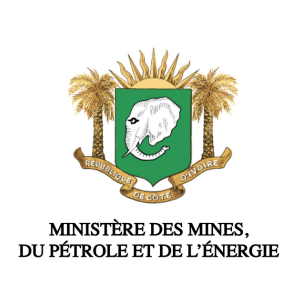








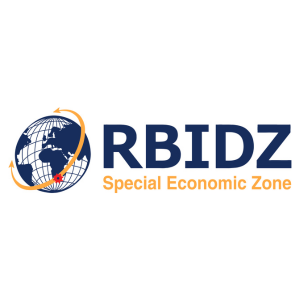

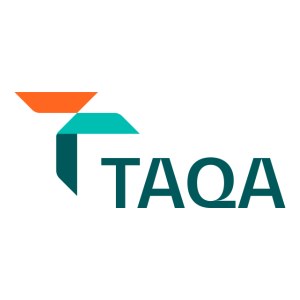
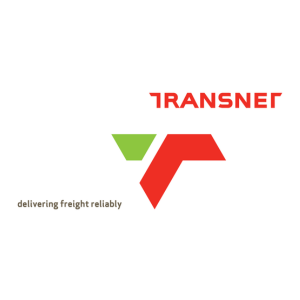



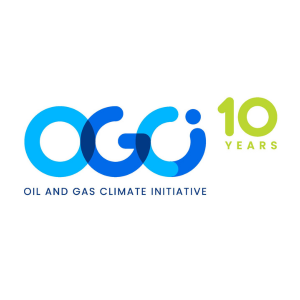
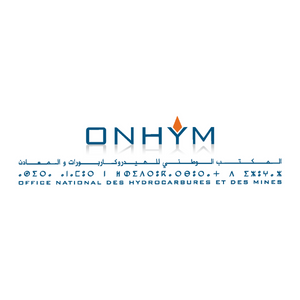
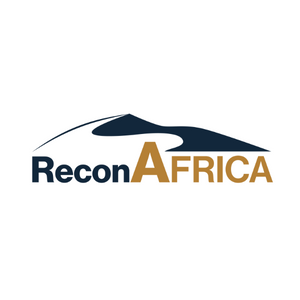
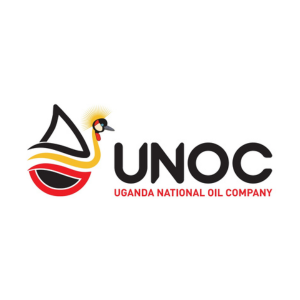
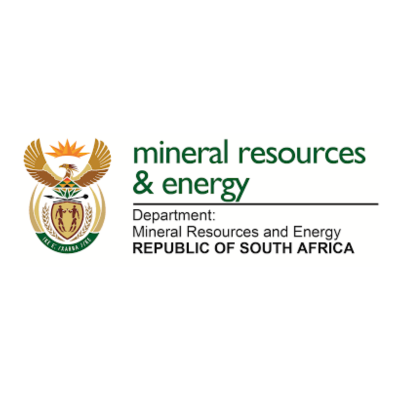
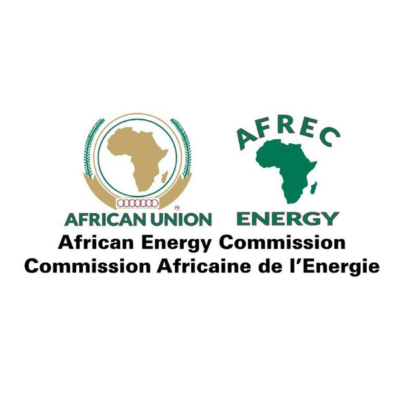
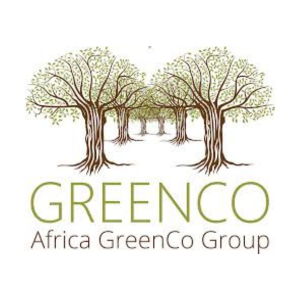
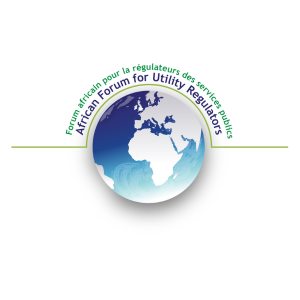


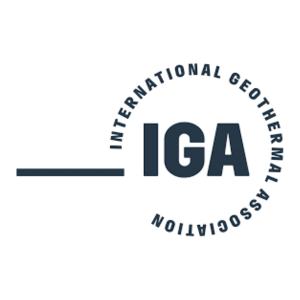
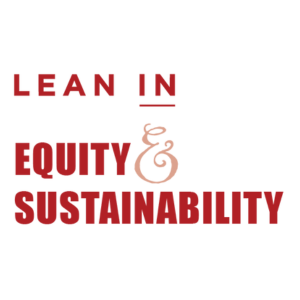





.jpg?ext=.jpg)
